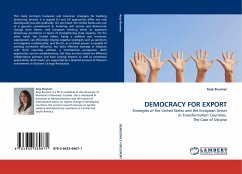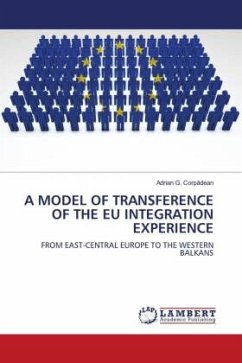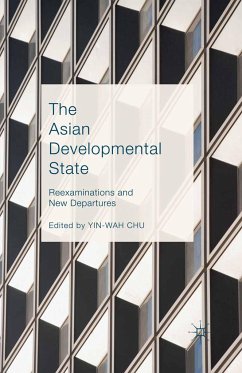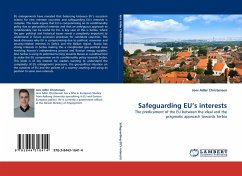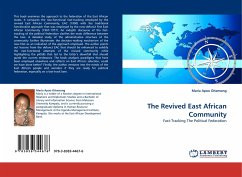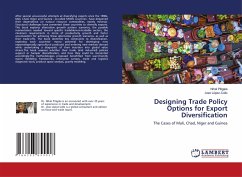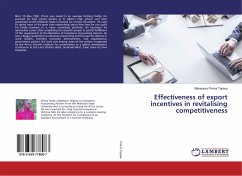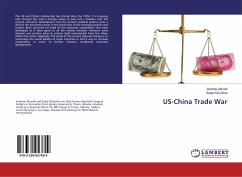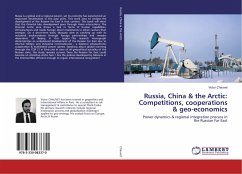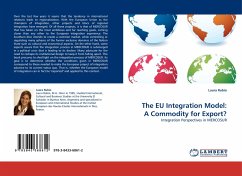
The EU Integration Model: A Commodity for Export?
Integration Perspectives in MERCOSUR
Versandkostenfrei!
Versandfertig in 6-10 Tagen
32,99 €
inkl. MwSt.

PAYBACK Punkte
16 °P sammeln!
Over the last few years it seems that the tendency in international relations leads to regionalization. With the European Union as the champion of Integration, other projects and blocs of regional integration have emerged. Of all these projects, it is that of MERCOSUR that has taken on the most ambitious and far reaching goals, coming closer than any other to the European integration experience. The Southern bloc intends to create a common market, while controlling or regulating many spheres of the former exclusive domains of the Nation State such as cultural and economical aspects. On the oth...
Over the last few years it seems that the tendency in international relations leads to regionalization. With the European Union as the champion of Integration, other projects and blocs of regional integration have emerged. Of all these projects, it is that of MERCOSUR that has taken on the most ambitious and far reaching goals, coming closer than any other to the European integration experience. The Southern bloc intends to create a common market, while controlling or regulating many spheres of the former exclusive domains of the Nation State such as cultural and economical aspects. On the other hand, some experts assure that the integration process in MERCOSUR is submerged in a political crisis that is leading to its decline. Many advocate for the need to reshape its institutional design to keep it from falling apart. This book procures to shed light on the integration process of MERCOSUR. Its goal is to determine whether the conditions given in MERCOSUR correspond to those needed to make the European project of integration advance to its current status quo. That is, whether the European model of integration can in fact be "exported" and applied to this context.



